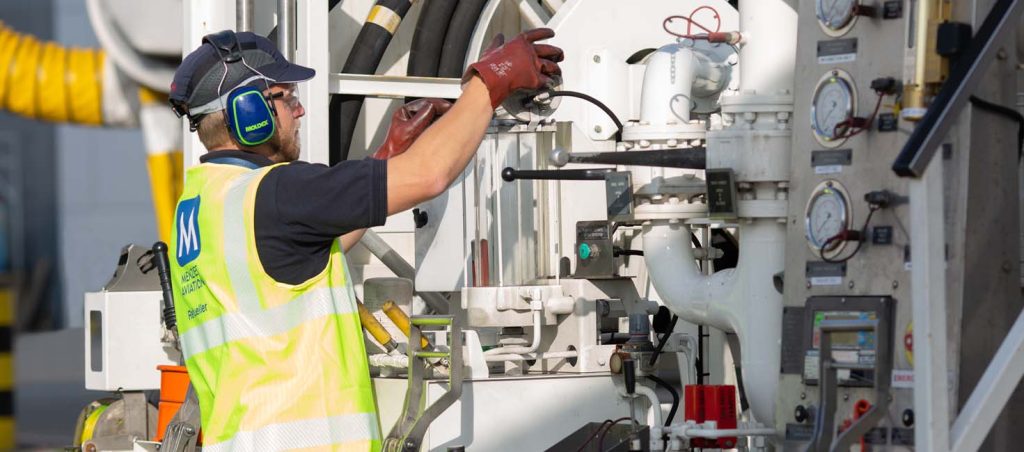In today’s fast-paced world, the demand for efficient fuel services has never been greater. With concerns about environmental sustainability and the need for cost-effective solutions driving innovation, the next generation of fuel services is poised to redefine efficiency in remarkable ways. One of the most promising advancements lies in the realm of electric vehicles EVs. As technology continues to evolve, EVs are becoming increasingly accessible and practical for everyday consumers. Companies are investing heavily in expanding charging infrastructure to support the growing number of EVs on the road, ensuring that drivers can easily recharge their vehicles wherever they go. Moreover, advancements in battery technology are extending the range of EVs, alleviating concerns about range anxiety and making them a viable option for long-distance travel. Another area of innovation shaping the future of fuel services is the development of alternative fuels. From biofuels to hydrogen, researchers and engineers are exploring sustainable alternatives to traditional gasoline and diesel. Biofuels, derived from organic matter such as corn or algae, offer a renewable energy source that can significantly reduce greenhouse gas emissions compared to fossil fuels. Similarly, hydrogen fuel cells represent a clean and efficient energy solution with the potential to power a variety of vehicles, from cars to buses to trucks.

As infrastructure for producing, storing, and distributing these alternative fuels continues to improve, they are poised to play a significant role in reducing our dependence on traditional petroleum-based fuels. Furthermore, advancements in data analytics and artificial intelligence AI are revolutionizing the way fuel services are managed and optimized fuel service company in fort worth. By leveraging sophisticated algorithms and machine learning techniques, companies can analyze vast amounts of data to identify patterns, optimize routes, and streamline operations. This not only improves fuel efficiency but also enhances overall productivity and reduces costs. For example, AI-powered predictive maintenance systems can anticipate equipment failures before they occur, allowing for proactive maintenance that minimizes downtime and maximizes operational efficiency. Additionally, real-time monitoring and optimization of fuel consumption help fleet operators identify areas for improvement and implement strategies to reduce waste and improve performance.
The rise of autonomous vehicles is also poised to transform the fuel services industry. With self-driving technology rapidly advancing, fleets of autonomous vehicles are becoming a reality in various industries, including transportation and logistics. These vehicles have the potential to revolutionize fuel efficiency by optimizing routes, reducing idle time, and minimizing fuel consumption through smoother driving patterns. Moreover, autonomous refueling systems can further streamline operations, allowing vehicles to refuel automatically without human intervention, maximizing uptime and efficiency. In conclusion, the next generation of fuel services is being driven by a convergence of technological advancements that promise to redefine efficiency in profound ways. From electric vehicles and alternative fuels to data analytics and autonomous technology, innovation is reshaping the landscape of the fuel industry. By embracing these innovations and investing in sustainable solutions, we can create a more efficient, environmentally friendly, and economically viable future for fuel services.